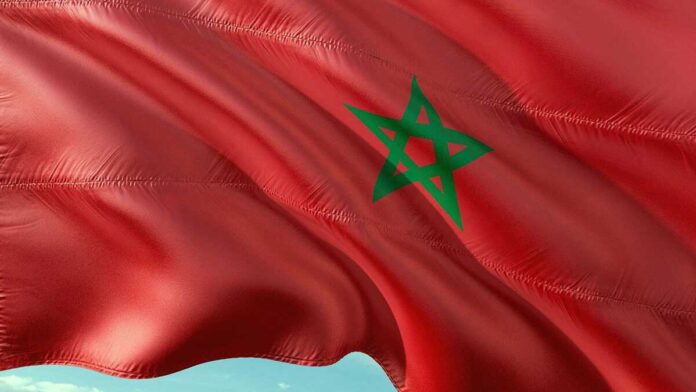Morocco has reached a significant milestone in its economic development, making a remarkable leap in the 2025 Index of Economic Freedom published by the Heritage Foundation. The country has climbed 15 spots to secure the 86th position globally, with a score of 60.3 out of 100. This progress marks Morocco’s return to the category of “moderately free” economies after spending three years classified as “mostly unfree.”
This improvement cements Morocco’s position as a leader in North Africa and the sixth most economically free country on the continent, following Mauritius, Botswana, Cape Verde, Seychelles, and São Tomé and Príncipe. Within the Arab world, Morocco also ranks sixth, surpassing Kuwait and edging closer to the Gulf economies.
The report highlights key structural reforms that have boosted the country’s competitiveness. Simplifying administrative procedures for starting businesses has fueled private sector growth, while controlled inflation and an increasingly open financial market—particularly with the Casablanca Stock Exchange becoming more accessible to foreign investors—have played crucial roles.
On the trade front, Morocco is reaping the benefits of its openness. Its numerous preferential agreements, notably with the European Union and the United States, provide it with a strong advantage over neighboring countries that lean toward protectionism. This strategic positioning has transformed Morocco into an economic hub connecting Africa and the West, attracting foreign investment.
However, despite these gains, challenges remain. Labor market rigidity continues to be a major obstacle, with a labor freedom score of just 48.5. Strict regulations and a dominant informal sector make it difficult to create dynamic employment opportunities—an issue also flagged by the World Bank’s Business Ready program.
Corruption is another persistent issue. While some progress has been made, it remains a significant barrier to stronger economic growth. An inefficient judicial system and high licensing costs weigh on the business environment, discouraging new entrepreneurs.
Although Morocco outperforms its North African neighbors—leaving Egypt (145th), Tunisia (149th), and Algeria (160th) far behind—its lead remains fragile. To close the gap with continental frontrunners like Mauritius (19th globally), Morocco will need to accelerate structural reforms, particularly by making labor laws more flexible, strengthening the judiciary, and intensifying efforts to combat corruption.
Economic freedom is more than just an index—it is the foundation of lasting prosperity. With this latest leap forward, Morocco has demonstrated that it is on the right path. The challenge now is to maintain this momentum and establish itself as a true economic model in Africa and the Arab world.




